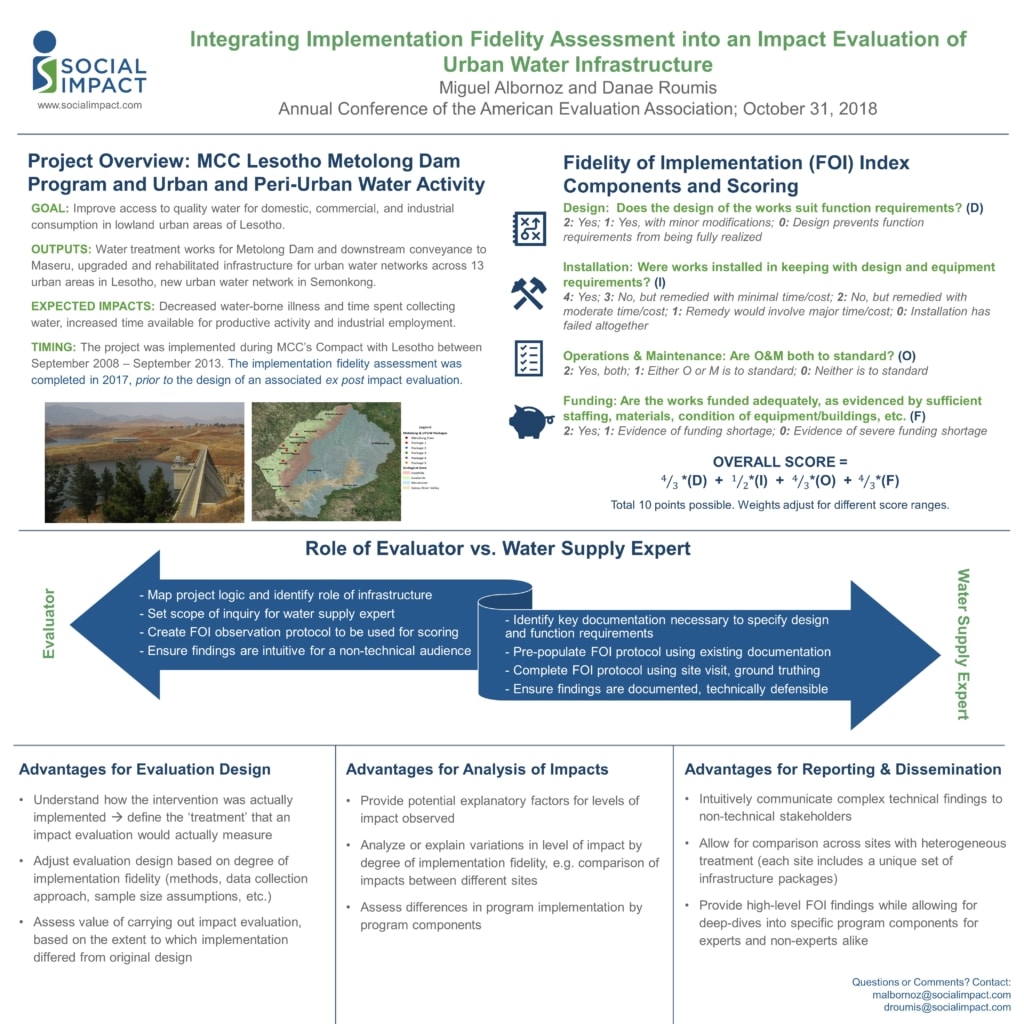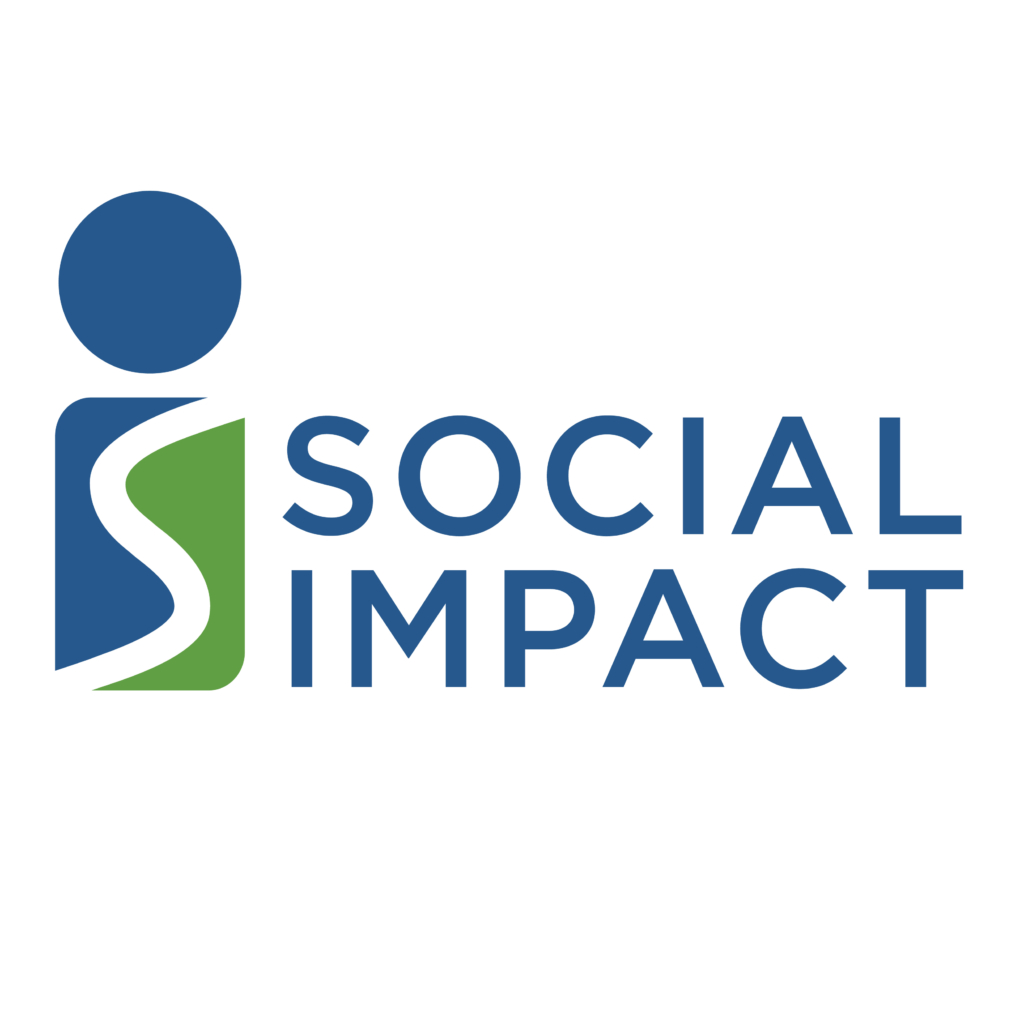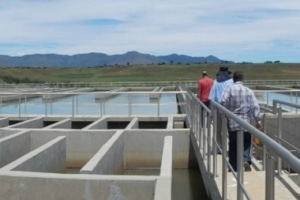The water sector activities were part of the Millennium Challenge Corporation’s Compact with the Government of Lesotho (2008-2013). MCC contracted SI to conduct the independent impact evaluation of the urban water sector activities.
The Metolong Program and the Urban and Peri-Urban Water (UPUW) Activity involved several components in the capital of Maseru and other urban areas around the country and included:
- Design and construction of a new water treatment plant and downstream conveyance system for the Metolong Dam
- Installation of new and upgraded water supply system infrastructure at existing water networks around the country
- Design and construction of a new water treatment plant and associated infrastructure in Semonkong
- Extension and rehabilitation of the piped water network in Maseru
Goal:
Highlight key findings for MCC and the Government of Lesotho about project implementation, economic impacts on households in urban communities, effects on the textile and garment industry, and the sustainability of the investments.

Poster presented at AEA 2018 Evaluation Conference.
Activities:
-
-
- Prior to conducting evaluation activities, SI conducted an evaluability assessment to verify that the projects were technically feasible to evaluate and assess the value of the knowledge that an evaluation might generate.
- Following the evaluability assessment, SI conducted a process evaluation using key informant interview and direct observation methodologies to communicate findings to MCC regarding the projects’ implementation and effect on the local utility
- SI will conduct a rigorous, mixed-methods, ex post summative evaluation employing both quantitative and qualitative techniques to assess outcomes of interest. The evaluation will include sampling techniques incorporating geospatial analysis to locate potentially impacted households based on their proximity to urban water networks. It will also execute a case study methodology to understand program effects in the local textile and garment industry.
- Data collection methods will include:
- Large-scale household surveys
- Site visits and direct observation of water treatment plants and industrial manufacturing firms
- Secondary data extraction from national utility, industry, and health monitoring data
- Key informant interviews
- SI’s dissemination efforts will include ArcGIS Story Maps to distill and communicate quantitative, qualitative, and geospatial data in an engaging and understandable product.
- Evaluation timeline:
- Evaluability Assessment completed March 2017
- Process Evaluation completed September 2017
- Endline data collection planned for June-August 2018
-


